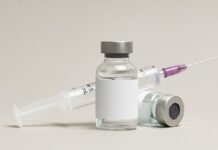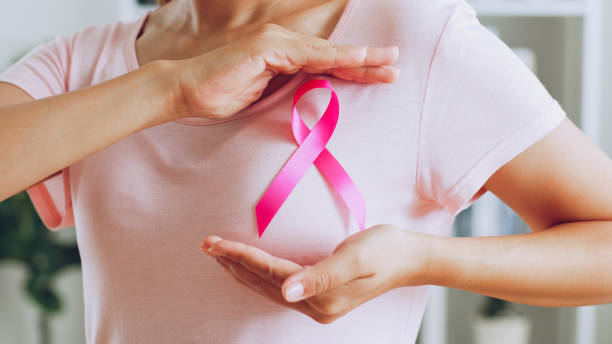Researchers from IIT Guwahati and Bose Institute Kolkata have developed an advanced injectable hydrogel designed for localized cancer treatment. This groundbreaking innovation allows anti-cancer drugs to be delivered directly to tumor sites, minimizing side effects commonly associated with traditional cancer treatments.
The research, published in Materials Horizons, a journal of the Royal Society of Chemistry, addresses the limitations of conventional cancer therapies. Current methods, such as chemotherapy and surgery, often result in significant drawbacks. Chemotherapy’s systemic drug delivery impacts both cancerous and healthy cells, while surgical removal is sometimes impractical, particularly for internal tumors.
The newly developed hydrogel, composed of ultra-short peptides, acts as a stable drug reservoir and releases the medication in response to specific tumor microenvironment conditions. The hydrogel responds to elevated glutathione (GSH) levels—molecules abundant in tumor cells—to trigger controlled drug release, reducing its interaction with healthy tissues and minimizing systemic side effects.
“This innovation represents a significant step forward in cancer treatment. The hydrogel’s precision in targeting the tumor microenvironment has the potential to revolutionize localized drug delivery,” said Prof. Debapratim Das, Department of Chemistry, IIT Guwahati.
In preclinical trials on a murine model of breast cancer, a single hydrogel injection loaded with Doxorubicin achieved a ~75% reduction in tumor size within 18 days. The hydrogel localized at the tumor site, steadily releasing the drug without causing harm to other organs.
As reported by timesofindia, the hydrogel also demonstrated enhanced drug uptake by cancer cells, induced cell cycle arrest, and promoted programmed cell death, attacking tumors from multiple angles. Researchers highlight its ability to improve treatment efficacy while reducing drug dosage and toxicity.
The study was co-authored by Prof. Debapratim Das, research scholars Tanushree Das and Ritvika Kushwaha (IIT Guwahati), and collaborators Dr. Kuldip Jana, Satyajit Halder, and Anup Kumar Misra (Bose Institute Kolkata).
Further research is underway to explore the maximum tumor reduction achievable with a single dose of the hydrogel.
























